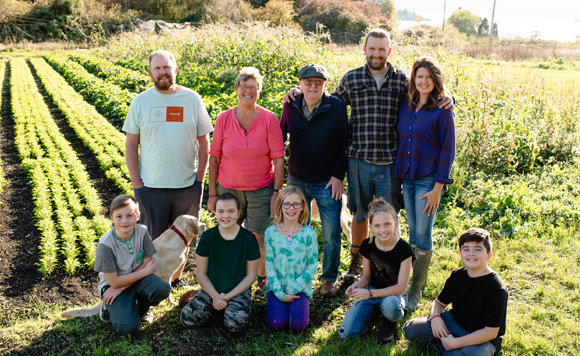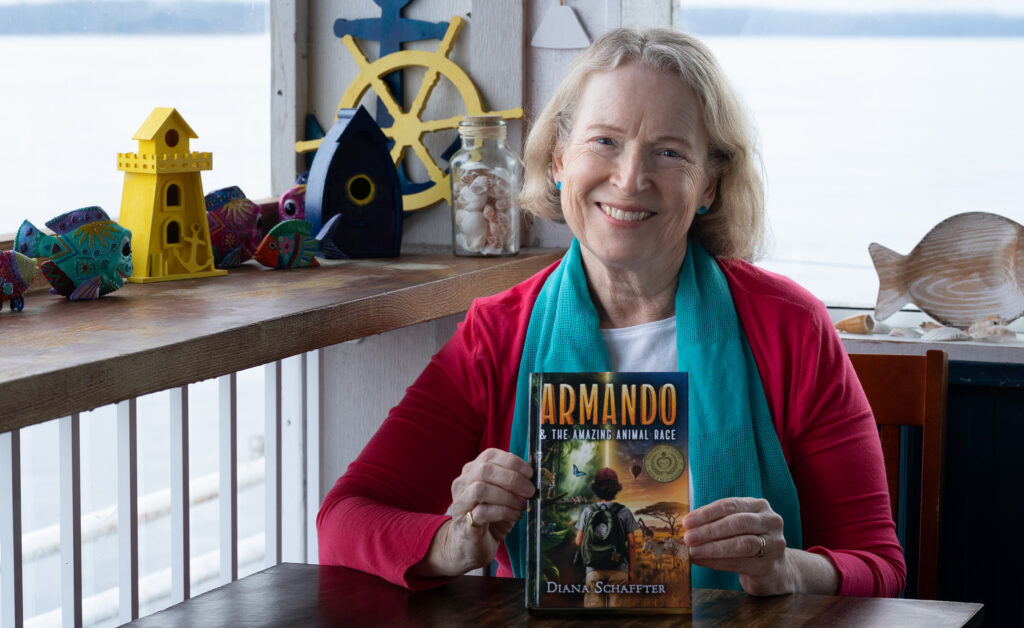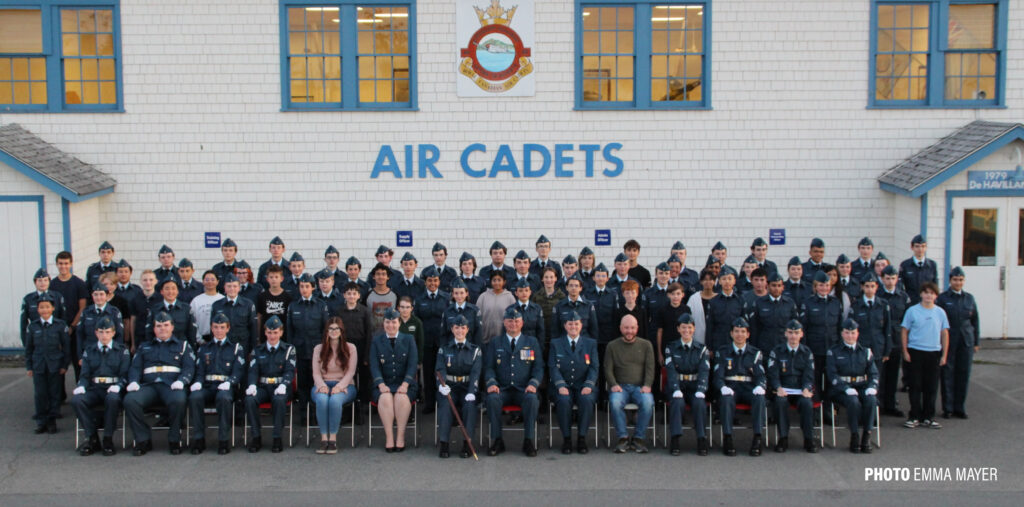by Jo Barnes –
Many years ago living on the Saanich Peninsula required people to draw their sustenance directly from the land upon which they lived. While most of us today rely on grocery markets and at best tend to backyard gardens, there are still those in our community for whom living off the land is a way of life. This is the eighth in a Seaside series featuring local community members who all share the same passion for the land and love of what they do.
We are what we eat. For one local family, what they eat goes to the heart of who they are. Since 1987, Brian and Daphne Hughes, owners of North Saanich’s Kildara Farm, have been sustaining themselves and their family from the labour of their own hands. “We wanted to be sure about what we were eating,” says Brian. “We wanted to feed ourselves. That’s how it all began.”
Their farming story goes back to 1985 when Brian, a commercial realtor at the time, began to seriously consider the food available and the process of creating it. “I have a chemistry degree. I was really concerned about the food and our kids,” shares Brian. “I was looking at what was happening. There were so many pesticides, herbicides and insecticides being put on the food.”
At Daphne’s suggestion they began to regularly travel to farms in the area and buy their produce directly. The issue of food continued to play on their minds though, and the couple began looking for a farm. “One winter I had bought a Times Colonist where I saw this farm advertised,” says Brian. After a visit and much negotiation with the owners, he bought the present day 30-acre parcel of land off Chalet Road in October of 1985. Then the real work began. It was a significant transition from suburban Vancouver to rural Deep Cove.
While there was great southern exposure and a lovely view of Deep Cove, the land was largely undeveloped. Brian and Daphne not only had to deal with the process of establishing a viable farm operation but did so with three young children in their midst. “By the time we bought the farm our kids were eight, six, and one year old,” shares Brian.
It was hard work. The property’s soil was enhanced, a farmhouse built by the following year, and farming operations initialized. Early days included strawberry and raspberry production with varying degrees of success. But Brian and Daphne persevered, always keeping an organic approach paramount. “We started off being organic, but there was no certifying body on the Island at the time. We did our research through the British Soil Association, probably the oldest organic certifiers in the world,” states Brian.
The formation of the Island Organic Producers Association made certification possible, and in 1994 Kildara Farm became a certified organic farm. The designation requires steadfast record keeping, dedication and monetary expense. “Every year an inspector comes. We have to prove that we’re clean and account for where everything comes from, what’s in it, when we harvest, when we plant, who we sell to, document that our seed is organic,” says Brian. “It’s a lot of paperwork.”
An organic approach is grounded in sustainable methods. “We have a proper composting shed. All manures have to reach a minimum of 130°F for five to six days in a row,” states Brian. “We have used sea soil and fish fertilizer in our soil but we also use our chicken manure. We also do cover cropping.” “This puts nutrients into the soil to replace what’s been taken out,” adds Daphne.
Over time, the couple’s experience and knowledge have grown and so have the variety of crops and farm output. Now the largest producer of organic salad greens in B.C., Kildara also produces over 40 varieties of fruits and vegetables, meat chickens, eggs and pork.
“We thought we’d buy a little farm,” says Brian, adding with smile: “Now we supply Thrifty’s with organic salad greens!”
A key piece of this story is the Hughes children who were not only the reason for the farm purchase, but who have been an active part of the farm’s success. “I remember the kids would climb into bed with their dad and talk about what we were going to grow on the farm,” says Daphne, “They were excited.”
The early seeds of the farm experience have definitely taken root in the next generation. David is responsible for the salad green production, Michael handles the field produce, and Sarah manages the wedding events and floral arrangements at the farm.
Shares Daphne: “We’re so grateful they are working with us.”
Sustainability has always been paramount. Brian installed floor pipes in the compost shed that generate heat to greenhouses. No manufactured chemicals are used and salad bags are compostable. The next generation has also enhanced sustainability practices like digital records rather than paper usage. All this effort and dedication means a high quality product that customers really love.
Food at Kildara is grown with you in mind. What started as a pursuit of family health has led to the opportunity for healthier food choices for the greater community.




